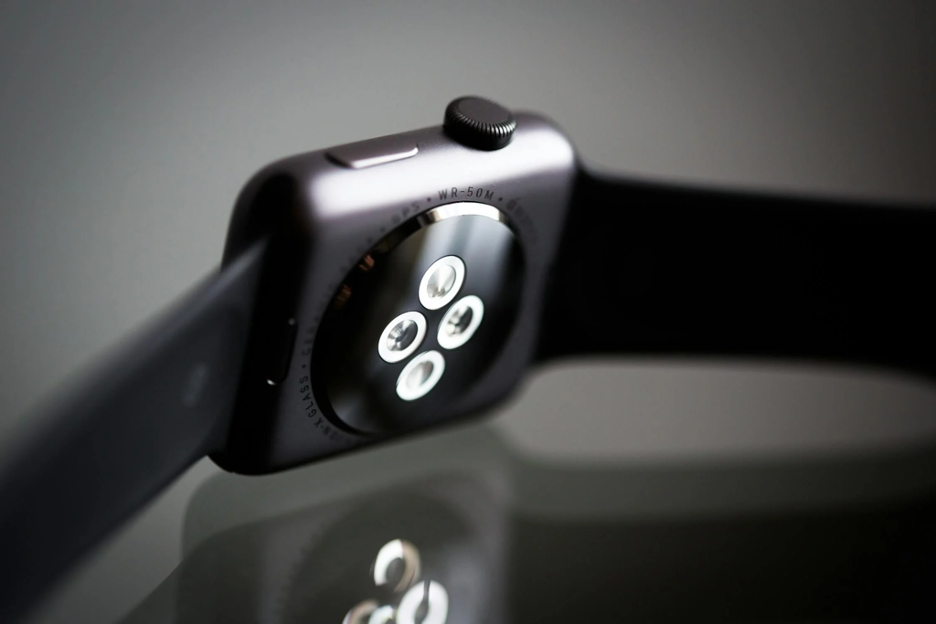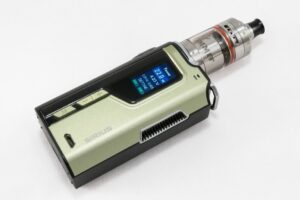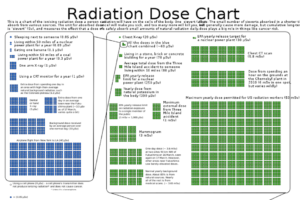
Source: Torsten Dettlaff
Healthcare is constantly evolving. One example of a major innovation shaping healthcare is biometrics, a biological measurement to help identify individuals through their biological characteristics using tools like fingerprinting, facial recognition, and retina scans. Together, these are referred to as biometric monitoring technologies (BioMeTs)1. BioMeTs generate data by monitoring physiological and behavioral measures and analyzing them with algorithms. Wearable sensors, smartwatches, wearable health devices, and wearable sensors help capture information on individuals: heart rate, heart rate variability, respiratory rate, blood pressure, eye tracking, water intake, skin temperature, sleep quality, breathing, muscle measurements, brain activity, and many other features1. More complex BioMeTs are able to analyze features like facial features, ocular movement, voice, and gait2. For example, 3D facial imaging has been implemented in an attempt to identify signs of glaucoma, aphasia, hip and knee osteoarthritis2.
BioMeTs are becoming more commercially available to consumers, with ease of use increasing, cost decreasing, and trust in these technologies rising. A recent national survey of 4,551 participants has examined patterns of use for wearable healthcare devices. The survey involved devices that collect metrics such as blood pressure, glucose levels, and oxygen levels3. The results indicated that around 30% of US adults have a wearable healthcare device, among the participants there were nearly half reported owning a wearable device, use it everyday, and around 82% of participants are willing to share their health data from the wearable device to their own healthcare providers3.
Companies such as Apple and Fitbit have created options to share wearable device measurements with health care providers, further enhancing their clinical value. According to another study on wearable devices among US adults, 82% of participants were open to sharing health data with their care providers1. This number may increase further as wearable healthcare devices are used more heavily by younger individuals.
A concern for wearable devices is the reliability and comparison when recording fitness and health metrics with other brands such as Fitbit, Apple, Garmin, and Samsung. A systematic review was conducted on the general population with 158 publications and found that Fitbit is the most common wearable healthcare device studied4. Additionally, Fitbit, Apple, and Samsung measure step metrics accurately after a laboratory setting-based experiment was conducted.
In order to stay up to date and develop new wearable healthcare devices, cooperation is necessary from lawmakers, healthcare providers, wearable technology companies, and the general population. With lawmakers implementing policy to develop and regulate accuracy, along with healthcare providers and users building trust in sharing health data. The usage of wearable devices is becoming the norm with Fitbit introducing watches for younger people and Apple watches introducing health metrics for adults and elderly.
References
- Goergen, C. J. et al. (2022). Detection and Monitoring of Viral Infections via Wearable Devices and Biometric Data. Annu. Rev. Biomed. Eng. 24, 1–27
- Ross, A., Banerjee, S. & Chowdhury, A. (2022). Deducing health cues from biometric data. Comput. Vis. Image Underst. 221, 103438
- Chandrasekaran, R., Katthula, V. & Moustakas, E. (2020). Patterns of Use and Key Predictors for the Use of Wearable Health Care Devices by US Adults: Insights from a National Survey. J. Med. Internet Res. 22, e22443
- Fuller, D. et al. (2020). Reliability and Validity of Commercially Available Wearable Devices for Measuring Steps, Energy Expenditure, and Heart Rate: Systematic Review. JMIR MHealth UHealth 8, e18694
Related Posts
To safeguard Africa’s topmost predators
From Nepal’s bengal tiger to Kenya’s big Lions, conservation of...
Read MoreVaping and Mental Fog – The Connection Between E-Cigarette Use and Mental Function
Figure 1: Use of e-cigarette devices, like the one in...
Read MoreHow the Bystander Effect on Security Robots can Hamper Law Enforcement
BigDog robots being tested under the supervision of a Boston...
Read MoreWho gets the Golden Ticket? Navigating the Murky Waters of COVID-19 Vaccine Allocation
Figure 1: The race for a vaccine is in fully...
Read MoreMedical Overtreatment in the United States: Causes, Consequences, and Solutions
This article was originally submitted to the Modern MD competition...
Read MoreStrength in Numbers: How Community Enhances Perceived Support
Figure 1: Bandmates join in a group hug. The powerful...
Read MoreFelix Miyago






